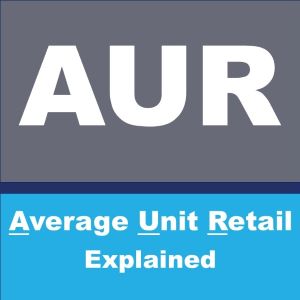RPC stands for Reusable Plastic Container.
When you ship produce, the conventional options are wood or corrugated cardboard. Let’s follow these packages.
Regular corrugated cardboard shipping containers are broken down and bailed for recycling. Recycling is a good thing, of course, but we’re talking about nearly 32 million tons of paper and paperboard products are retrieved for recycling, and only about three-quarters of it is actually recycled.
That means nearly eight million tons of paper and paperboard makes it into the solid waste stream.
Wax corrugated boxes cannot be recycled. They go directly into the landfill, or in some cases can be broken down for composting. Wood boxes also go to the landfill – but not until they’ve caused a surprising number of injuries.
There’s an alternative. Plastic containers that can be returned and reused save waste and reduce your carbon footprint.
Reusing containers is much more eco-friendly than recycling the materials. Recycling always involves some loss of raw materials, as well as significant energy use. RPCs can last for a decade in regular use.
Walmart was one of the first retailers to adopt a Reusable Plastic Container program, though there have been changes in the recommendations and requirements over time.
Suppliers rather than retailers are generally responsible for the costs of the RPCs and for keeping track of them. The costs of the program have been falling steadily.
IFCO estimates an $18,000,000 savings, considering not only direct costs but also increased efficiency along the supply chain and a reduction in workers’ comp for injuries connected with wooden crates.
Wooden crates often have wires, splinters, and protruding staples, all of which can be dangerous to workers. They’re less sturdy and don’t offer the level of stability that RPCs do when stacked. RPCs are safer for workers.
They’re also safer for produce. There’s less damage, less shrink, and field heat leaves the RPCs more quickly, maintaining higher quality in produce.
For other agricultural products such as eggs, PRCs provide more protection from breakage than cardboard.
As of last summer, IFCO estimated that about 14% of produce nationally was being shipped in RPCs. The system is also popular for dairy products.




